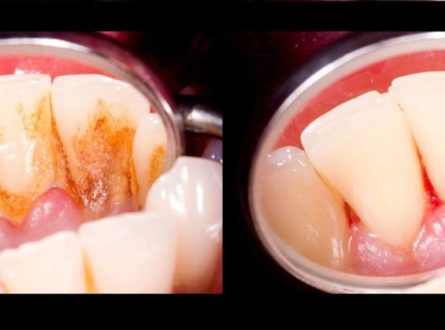Introduction
Malaria is a serious disease caused by parasites that are spread to people through the bites of infected mosquitoes. Although malaria is not very common in most parts of the Middle East, some areas—especially those with warmer and wetter climates—can still have cases of malaria, especially among travelers or people coming from other regions where malaria is more common.
Treating malaria quickly and correctly is very important because the disease can become severe and even life-threatening if left untreated. In this article, we will explain how to recognize malaria, what to do if someone gets it, and how it can be treated safely in the Middle East.
Recognizing Malaria Symptoms
Malaria symptoms usually begin 10–15 days after a mosquito bite. The most common symptoms include:
-
High fever
-
Chills and sweating
-
Headaches
-
Muscle pain
-
Tiredness or weakness
-
Nausea or vomiting
-
Diarrhea (sometimes)
In some cases, malaria can become more serious and cause:
-
Confusion or seizures
-
Difficulty breathing
-
Organ failure (in very severe cases)
If someone shows these symptoms—especially after traveling to or living in a place where malaria exists—they should go to a doctor immediately.
Diagnosis of Malaria
Doctors can diagnose malaria by:
-
Asking Questions: The doctor will ask about recent travel, symptoms, and possible mosquito exposure.
-
Blood Tests: A small amount of blood is taken and tested to see if malaria parasites are present. This test helps the doctor know what type of malaria the person has.
Treatment of Malaria
The good news is that malaria can be cured with the right treatment. The kind of medicine used depends on:
-
The type of malaria parasite (Plasmodium falciparum is the most dangerous)
-
The severity of the illness
-
The person’s age, weight, and health
-
The resistance patterns in the region
Here’s how malaria is treated in the Middle East:
1. Uncomplicated Malaria Treatment
If the malaria is not severe, doctors usually give oral medications. The most common ones include:
-
Artemisinin-based combination therapies (ACTs): This is the most effective treatment for most malaria cases today. It combines two medicines to kill the parasite.
-
Examples: Artemether-lumefantrine (Coartem), Artesunate-amodiaquine
-
-
Chloroquine: In some regions where the parasite is still sensitive to this medicine, chloroquine can be used. However, resistance is common in many areas.
Doctors will usually prescribe a 3-day course of ACTs. It’s very important to take all the medicine exactly as directed, even if the person feels better before finishing the treatment.
2. Severe Malaria Treatment
If malaria is serious and the person is very sick, they will need to be treated in a hospital. This includes:
-
IV (intravenous) medications, like artesunate, which is given directly into the bloodstream.
-
After a few days of IV treatment, the person may be switched to oral medicine to complete the treatment.
Doctors will also provide support for symptoms, such as fever control, fluids, or oxygen if needed.
Follow-Up Care
After treatment, it is important to go for a follow-up checkup. This helps doctors make sure the infection is completely gone. In some cases, especially with a type of malaria called Plasmodium vivax, doctors may give extra medicine like primaquine to prevent the malaria from coming back.
However, primaquine can cause problems in people with G6PD deficiency, a genetic condition that is common in the Middle East. So, doctors will often do a G6PD test before giving this medicine.
Special Considerations in the Middle East
-
Imported Cases: Many malaria cases in the Middle East come from travelers, migrant workers, or pilgrims who visit places where malaria is common (like sub-Saharan Africa or South Asia).
-
Healthcare Access: Most Middle Eastern countries have good healthcare systems, so malaria can be diagnosed and treated effectively if people seek help early.
-
Drug Resistance: In some nearby regions, malaria parasites have become resistant to certain drugs. Doctors in the Middle East are trained to choose the right treatment based on the most recent medical guidelines.
Preventing Malaria
Prevention is always better than cure. People can reduce the risk of malaria by:
-
Sleeping under insecticide-treated bed nets
-
Wearing long-sleeved clothes in mosquito-prone areas
-
Using mosquito repellents
-
Staying indoors at dusk and dawn, when mosquitoes are most active
-
Taking preventive malaria tablets (chemoprophylaxis) before traveling to risky areas
Conclusion
Malaria is a dangerous disease, but it is treatable and preventable. In the Middle East, malaria is not widespread, but people can still get it from travel or mosquito bites in certain places. The key to successful treatment is early diagnosis, the right medication, and complete care. If you or someone you know has symptoms like fever, chills, and weakness after travel, go to a doctor as soon as possible.
With proper treatment and care, most people recover fully from malaria within a few days.


















